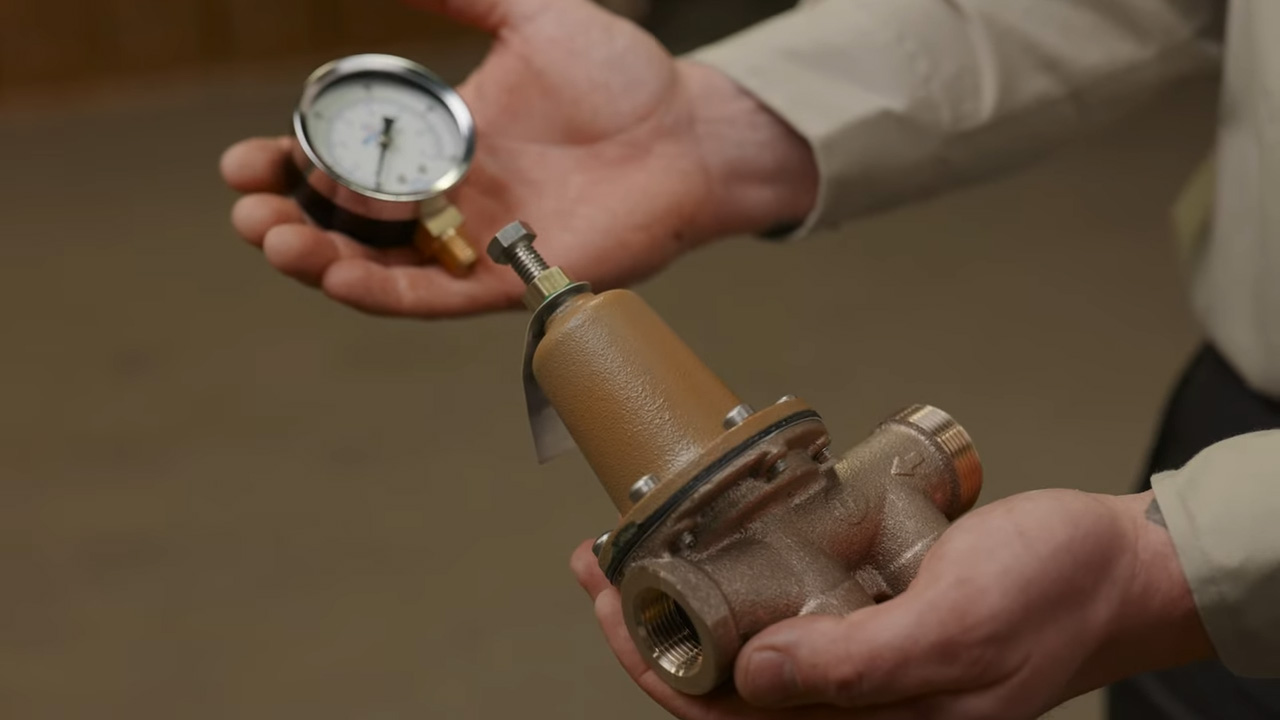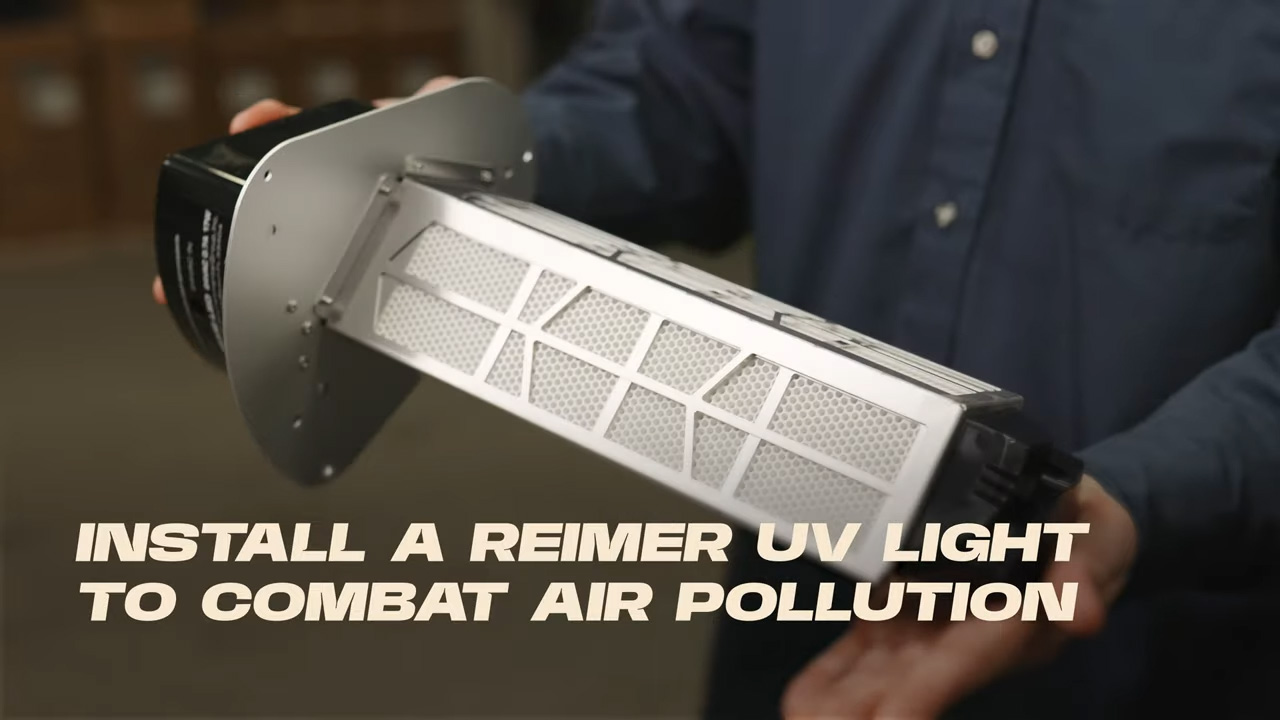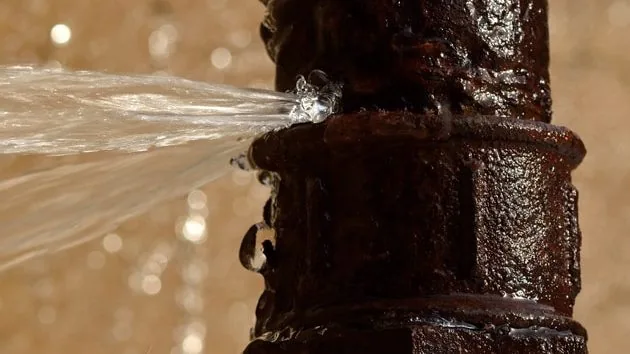Everyone who lives in Buffalo and Western New York knows how brutal the winter weather can be. Massive lake-effect snowstorms, below-freezing temperatures, and never-ending wind are just some of the facts of life here for part of the year. These cold conditions are just one of the reasons that many Buffalo homes, apartments, and condos experience frozen and burst pipes during the winter. All over the city, pipes freeze on the coldest nights of the year, causing disaster for homeowners and property managers alike.
In this blog post, we’ll discuss some ways that Reimer can help you keep your pipes from freezing this winter. If your pipes do freeze, our experienced plumbers can help you thaw them out: give us a call at (716) 694-8524. If you’d like to have our team insulate your pipes or tune up your furnace, you can either call us or contact us online.
Why do pipes freeze?
It’s simple physics, actually. Depending on temperature, water exists in various states: as a liquid, as a solid, or as a gas. To go from being a liquid to being a solid, temperatures need to drop below the freezing point. However, in the process, the water expands to take up more space than it did as a liquid. Have you ever left a can of soda in the freezer overnight and woken up to find that it bursted? That’s because the very full can had no room to expand when it frozen. The icy soda put pressure on the aluminium can until it burst.
Unfortunately, the same pressure that affects your frozen soda also can occur in your home’s water pipes. If temperatures are low enough, that water, too, will freeze and expand, putting immense pressure on your home’s water pipes. While they’re made of sturdier stuff than the aluminium can, they, too, have a breaking limit. Enough pressure and they’ll burst, cracking and releasing ice and water, causing a disaster in your home.
What water pipes are at risk of freezing?
The more exposed a pipe is to the outdoor elements—or, in the same way, the more removed it is from your home’s heating—the more at-risk it is of freezing. Buffalo regularly sees winter nights that drop far below freezing: outside water will freeze, so the only protection your pipes have is what’s between them and the outside. If that’s just one exterior wall, that might not be enough.
Outdoor lines—such as those going to swimming pools or hoses—will be the first to freeze, and need to be the first to be protected. However, pipes in your home but separated from heating are also in trouble. For example, any water lines that run through garages, attics, or other places without heating need help. We’ve even see water lines that run under and within cabinets become susceptible to freezing just because the cabinets are blocking warmth from reaching them.
How can Reimer help with this?
We’re experts when it comes to preventing pipes from freezing. Our plumbing experts have a variety of tools at their disposal, including: pipe sleeves, pipe heaters, and pipe heat tape. “How can tape insulate my pipe?” you might ask. According to the Red Cross, even insulation that’s ¼” thick can significantly reduce the ability for lower temperatures to get to the water inside. By insulating your most at-risk pipes, the team at Reimer can help ensure that your home is ready for the coldest nights of winter.
Of course, all the insulation we have won’t help much is your furnace fails. Your heating system is a primary deterrent against your pipes freezing. As a full-service HVAC company, Reimer can help tune up your furnace for the season and make sure it’s running right before winter arrives. Generally, any move to help your HVAC system will also help protect the water pipes running through your home.
From there, there’s some common tricks you can employ to keep your pipes from freezing. On the absolute coldest nights, run a drip from your faucet: water that’s moving freezes slower than water that is still. Open your cabinet doors to let the heat into blocked-off areas. If you’re concerned about your pipes freezing even after you’ve taken these steps, give Reimer a call, and we’ll help you however we can.
Reimer: Trusted plumbers since 1921
No matter what your plumbing needs are, Reimer can help. We’ve been serving Buffalo homeowners since 1921, and we’re proud to be your source for products, services, and advice. To learn more about our frozen pipe prevention services—or to have us thaw a frozen pipe or fix a burst pipe—give us a call at (716) 694-8524 or contact us online.





